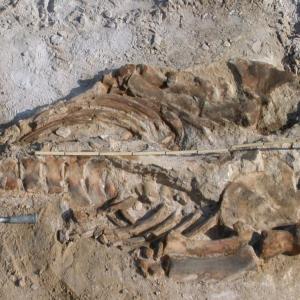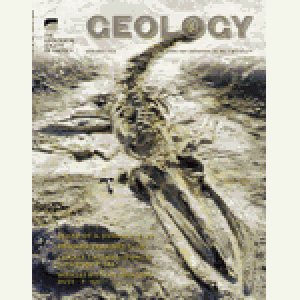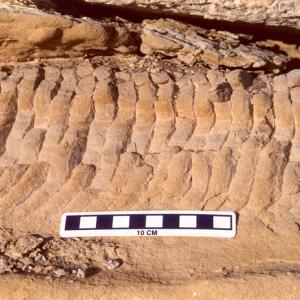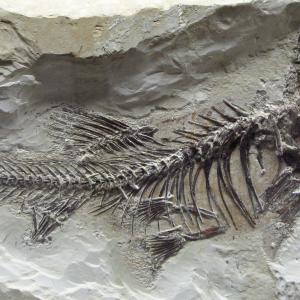©Copyright 2018 GEOSCIENCE RESEARCH INSTITUTE
11060 Campus Street • Loma Linda, California 92350 • 909-558-4548

One of the reasons why rock layers are so interesting is because they can preserve fossils, the remains of dead organisms buried in sediments.
Dr. Raul Esperante, of the Geoscience Research Institute, has extensively investigated sediments of the Pisco Formation, in Peru, which contain one of the most exceptional assemblage of cetacean skeletal remains. Learn more about Dr. Esperante’s work on preservation of fossil whales and why it matters for a biblical perspective of earth history, through the links below.

Fossil Whales in the Desert
Get a sense for the terrain where Dr. Esperante and his team conducted their research, and browse through the images of some of the fossil specimens that have been excavated

An Important Publication
This paper, published in the prestigious journal "Geology," presents a summary of the evidence for rapid rates of sedimentation based on the analysis of fossil whale preservation

Preserved Baleen
Another line of evidence indicative of rapid sedimentation comes from the preservation of baleen in multiple fossil whales of the Pisco Formation. Learn more on this topic from this scientific publication by Dr. Esperante and his collaborators.

Understanding the Process of Fossilization
How long does it take for a fossil to form and why does it matter from a biblical perspective? In this article, Dr. Esperante draws from his experience as a paleontologist to share some basic concepts and conclusions.

Time, Faith, and Fossil Whales
In this article, Dr. Esperante shares his experience of relating his biblical worldview with what he encounters in the study of fossil whales.

Sharing with Others
A brief news report on Dr. Esperante's educational outreach based on his work with fossil whales.
